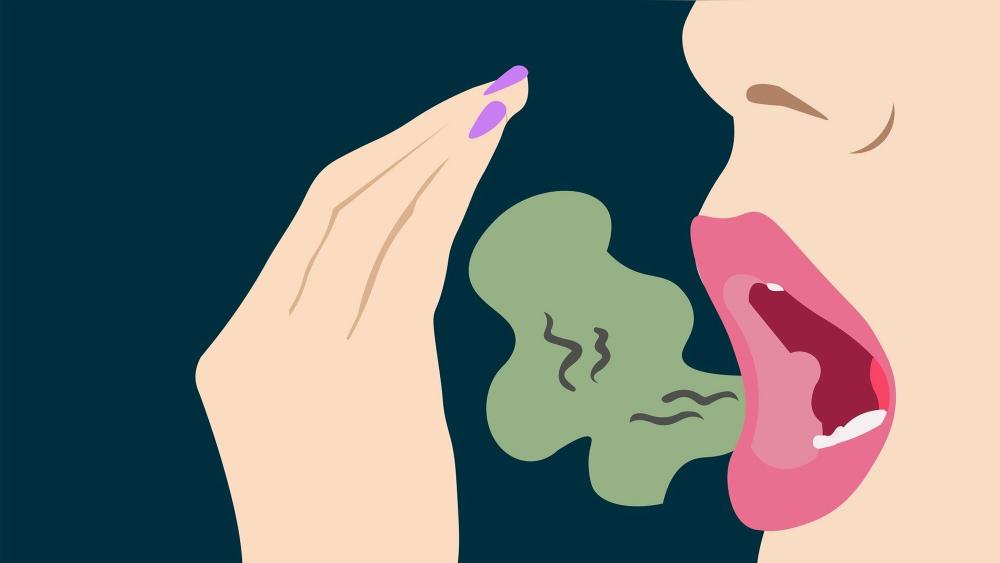Bad breath can be embarrassing and affect everyday interaction with other people. Sometimes, you might notice the problem yourself, but you can also grow accustomed to the smell. Bad breath is sometimes encountered in healthy people, but it can be a sign of oral or overall disease.
What causes bad breath?
Mouth bacteria from bad-smelling sulphur compounds. Poor oral hygiene and reduced saliva increase the number of bacteria, which can cause bad breath. If your mouth is dry, it means the bad-smelling bacteria and their decomposition products are not washed away by saliva. Halitosis is particularly common in the morning because the amount of saliva is smaller during the night. Hunger, long periods of not eating or drinking, certain foods and drinks and smoking can also cause bad breath.
Mouth inflammations such as gingivitis and periodontitis, cavities, abscesses and inflammations related to wisdom teeth are common causes of halitosis. Plaque and food gather in areas that are difficult to clean: between the teeth, on uneven filling surfaces and in poorly-fitting prostheses, causing an unpleasant smell. The film on the tongue is also one of the most common reasons for bad breath.
However, bad breath can sometimes be caused by a condition that is not related to the mouth. Inflammations in the pharynx, sinuses and nasal meatus, fever and cancer can also cause bad breath. Bad breath is also associated with several common diseases, such as diabetes, stomach ulcer, liver and lung diseases and renal failure. Many medicines also dry the mouth, which can lead to halitosis.
Bad breath treatment
The treatment of bad breath always starts by analysing its cause. You should bring the matter up at your dental examination.
Poor dental hygiene is, by far the most common cause of halitosis. In this case, the purpose of the treatment is to reduce the number of bacteria that cause the smell. Bacteria accumulate on tartar, so you should have the tartar removed by a dental hygienist.
Daily, thorough cleaning of the mouth is the best way to treat and avoid bad breath. It is important to clean the teeth, areas between the teeth, gums, prostheses and the tongue every day. If necessary, you can complement your cleaning regime with oral care products such as mouthwashes.
If the problem is caused by dryness, drops, chewing gum and artificial saliva might help. You should also see your dentist regularly to check and treat any mouth inflammations.
